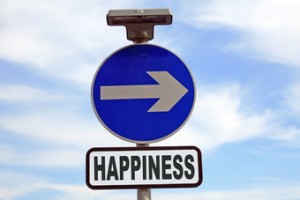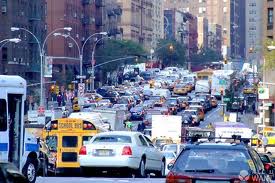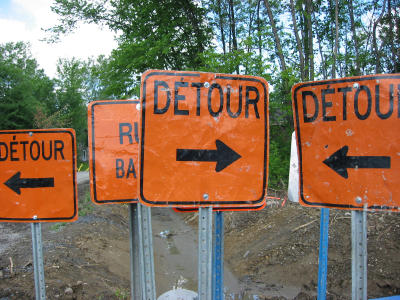 Ever since the tiny country of Bhutan decided its metric would be happiness instead of product, I’ve wondered how happiness is measured. What makes us “happy,” and how can we get more happiness?
Ever since the tiny country of Bhutan decided its metric would be happiness instead of product, I’ve wondered how happiness is measured. What makes us “happy,” and how can we get more happiness?
In “The Causes of Happiness and Misery,” Chapter 3 of the groundbreaking World Happiness Report published in 2012, Richard Layard of the London School of Economics and Andrew Clark and Claudia Senik from the Paris School of Economics write:
Together, genes and environment determine the main features of a person’s life—both those that are very “personal” and those that are more clearly “external.” And these features in turn determine a person’s well-being, as illustrated in Figure 3.1.
Among the more “external” factors, key determinants of happiness include:
• income
• work
• community and governance, and
• values and religion
and, among the more “personal” features, key determinants include:
• mental health
• physical health
• family experience
• education, and
• gender and age
Thus a person’s happiness at a point in time is determined by the whole of her life course. The current external features of her life are important, but so are the personal features that have developed over the previous course of her life.
The authors explain how external contributors such as “income” or “work” are mostly effective when taken in context, i.e., when judged against the same metrics for those around us as opposed to global external contributors. Relative income makes people happier as opposed to absolute income, so while a rising tide may lift all boats, it doesn’t necessarily make the boaters any happier. For example, while the net income of U.S. citizens has tripled since the early 1960s, average happiness has remained virtually flat. Whether in the U.S. or Bhutan, keeping up with the Joneses makes us happy.
Redefining happiness
Garrison Keillor would say that in Lake Woebegoneall the women are strong, all the men are good-looking, and all the children are above average. I wonder if any of them were happy.
It seems that the World Happiness Index is mostly about how we fare individually among our peers. We are nothing without something with which to compare.
Is that what real happiness is? Or is that just feeling good?
I’ve noticed that when I feel good about something it’s almost always because I’ve been taught to feel good about it. It’s a Knower/Judger reaction. When I’m driving my brand-new car down the highway and I see somebody who knows me, I feel good. But that’s an ego thing. I wouldn’t consider myself really happy. It just makes me feel…triumphant. And those feel-good moments seem to be just…moments. Yup…International Happiness Index of 10!
But when I’m truly happy with something, it’s just good for me, out of context…now. It really has no dimension. Nobody around me even gets it most of the time. I catch myself tearing up over certain pieces of music out of pure joy. Or driving alone from one business appointment to another and “noticing” a sunset. I think they call that “stopping to smell the roses.” And while that all occurs in the moment, like “feeling good,” I can, if I wish, make the feeling appear again (without plunking down another $20K on a new car, for example).
So here’s a little assignment for you:
Make a list of the things that make you feel good or happy or that generally improve your life. Then go through and tag the ones that rely on a superior comparison to those around us as “feel good.” Tag those that don’t require someone else’s inferior position as “happy.”
I guarantee you will learn something about yourself.



